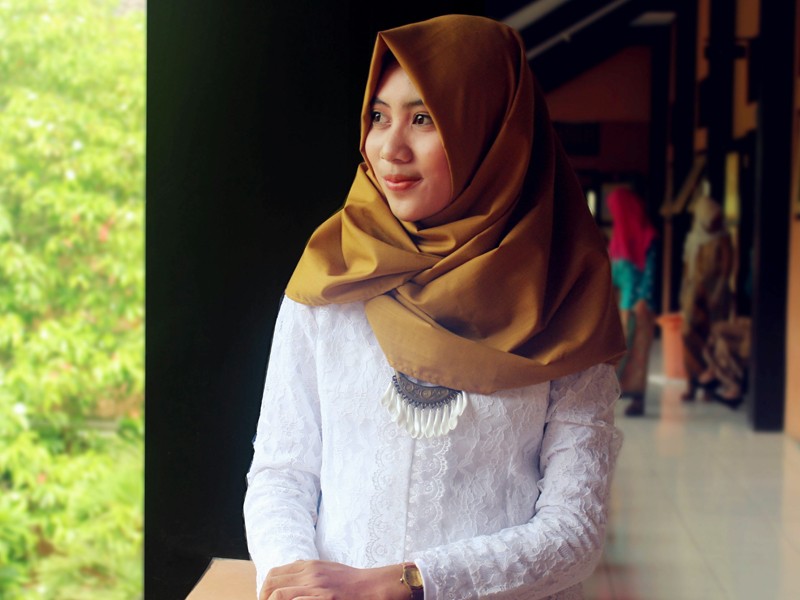IVF and surrogacy in the Islamic religion

What is prohibited and what is allowed?
Everyone knows Islam is the most strict, conservative and traditional religion. And because of the rapid development of medical technology, there are a lot of bioethical and religious questions about various procedures, methods of treatment, and so on.
So an interesting fact is that only a woman can conduct a gynecological examination of a woman, but in extreme cases a man can also do this, under the supervision of her spouse and commenting on everything that he will do.
But now there are so many infertile couples and, accordingly, medicine does not stand still and offers different methods of treatment. IVF treatment and surrogacy are considered as the most conflicting ones. And it is described in this article how Islam today treats such procedures and supports them in details.
It is written in Islam that the desire to have baby is quite natural. The Koran says “offspring and wealth” are decorations for human life” directly means the main thing for parents is to have a full-fledged financial future and their children.
ART isn’t mentioned in the initial sources of Sharia law. Howsoever, Islam promotes treatment when pregnancy or childbirth aren’t successful, especially since it is not accepted to adopt the child. It is the doctor’s responsibility to help the infertile spouses achieve their goal and do prosperous fertilization and childbirth.
Islam has a strong and explicit emphasis on high fertility. Therefore, Islam not only alows finding tretment for infertility, but also encourages it. And Islamic law allows all types of ART, but there are also very strict conditions and rules during its implementation. All of them are approved by religious and legal laws and are clearly spelled out in the code of Islam of medical ethics.
- Assistive technologies can be used strictly for medical reasons, that is, only after a diagnosis of infertility (male or female) has been established. Thus, in Islam it is forbidden to use IVF if a woman just wants to get rid of the “worries” of pregnancy and childbirth.
- Only full-fledged couples whose marriage is approved by Sharia law can seek help. Sperm and eggs can be used only if a legally married couple provides them.
- The use of biological material by third party is prohibited. That is, donor cells cannot be used for fertilization.
- It is forbidden to use in vitro fertilization for single women. Also, Islamic law strictly prohibits such procedures for homosexual couples. This is considered a great sin.
- Islam permits the freezing of embryos that have been fertilized. But only the same couple can use them, and if they are still married. A woman or a man is not allowed to use frozen embryos after a divorce or death of one of them. You cannot donate embryos to another couple.
- You can freeze a sperm or egg, for example, before receiving chemotherapy. But it is forbidden to use them after divorce or death. That is, they are not inherited.
Thus, you can see Islam is loyal to the use of IVF treatment, but with its own rules that doctors adhere to very strictly. But due to the fact that modern technologies are sweepingly developing, and many points are not spelled out in religious treatises, Islam adapts to the requirements of the present. Iran is a good example of this. It is the only Muslim country that has adopted legal laws which allow to use of donor sells, but only in an altruistic form, so it is forbidden to receive remuneration for them. This is confirmed by a fatwa issued by the leader of the Islamic Republic of Iran, Ayatollah Ali Khamenei, in the 1990s. According to Khameni, it is possible to donate oocytes, semen or frozen embryos in Iranian clinics. Although there remains a rule that allows them to be used for IVF treatment only strictly for medical indications, after the doctor diagnosed the infertility.
Surrogacy in the Islam
And although the childbirth is one of the most important things in Islam, surrogacy or “renting a womb”, as it’s also called, is not allowed in 90% of Muslim countries. It operates on a level with the prohibition on the donation of sperm, eggs and frozen embryos. It is because of a woman receives the biomaterial of a man with whom she is not married, and accordingly this is considered to be a sin.
One of the poems of the Koran says “Nobody can be their mother, except the woman who gave birth to them”.
In one period, a fatwa which allows surrogacy was issued by the Islamic Council of Fixes of Mecca, but only if the embryo is wholly owned by the spouses, the SM only bears the child. But a year later, it was canceled and sent for revision. Since the Koran says that every baby has the right to identify parents, and surrogacy services brought confusion in this matter.
But of course, there are exceptions to the rule in this issue. In Iran, along with gamete donation, surrogate motherhood is also allowed, but without any commercial benefit for the SM, and just strictly for medical indications and only for officially married spouses.
Thus, you can see that even such a strict religion as Islam softens its views on IVF treatment and surrogacy. This is primarily due to the fact that the childbirth as well as well-being in the family comes first.


